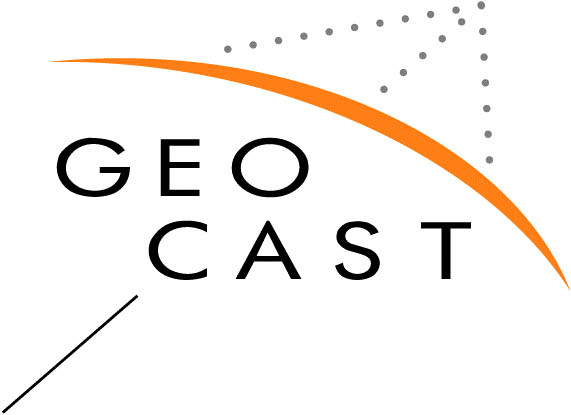RMT Protocols Analysis and Implementation
 | Summary |
 |
The aim of this work package was to highlight limitations of known Reliable Multicast Transport (RMT) techniques and implement
an optimised RMT suited for satellite networks. The work package focused on limitations of wide-scale deployment of reliable
multicast protocols via next generation GEO satellite systems. Next generation GEO satellite systems, offer high bandwidth
capacity, which is desirable for multimedia and bulk data transfer. However, this comes at a cost since at extra high
frequency (EHF) spectrum, link channels experience high bit errors and persistent link fades or outages (mainly caused by
varying weather conditions). Predominant link fades (or outages) often lead to high packet loss rate at the application layer.
In order to implement a reliable multicast transport technique that is optimal for satellite networks, it was necessary, first to understand (using simulation) the design caveats of a selected set of existing techniques, over link channels experiencing persistent fades (or outages). The outcome of these findings was used in providing the basic foundation and building blocks for defining an optimised RMT, suited for satellite networks, as a part of work package WP2400 undertaken by University of Aberdeen (UoA). |
 |
For further details, please contact: geocast-technical@erg.abdn.ac.uk |
 | List of task accomplished in WP2400 |
 |
|
